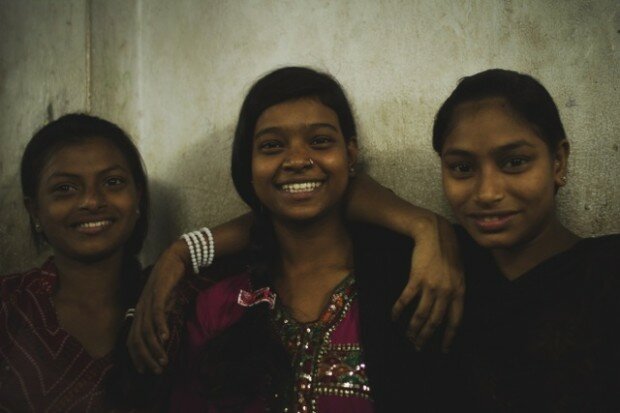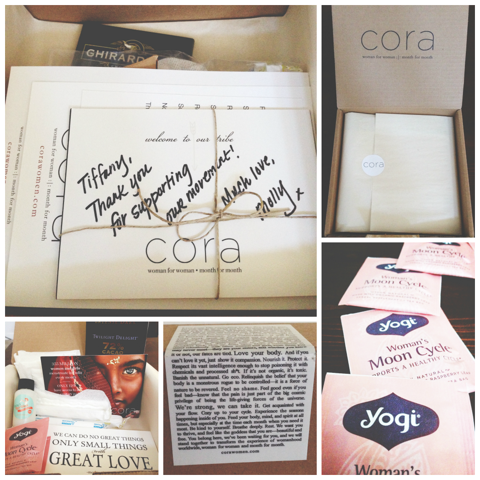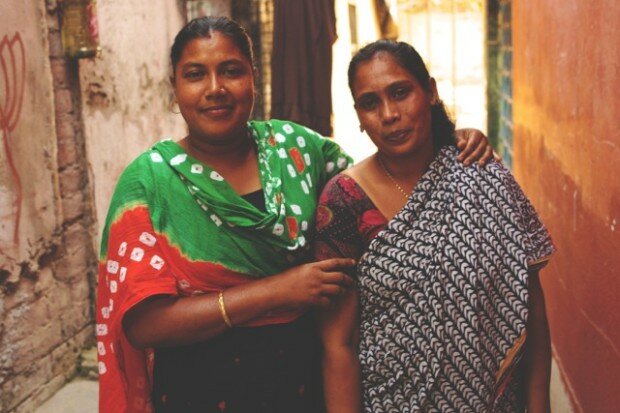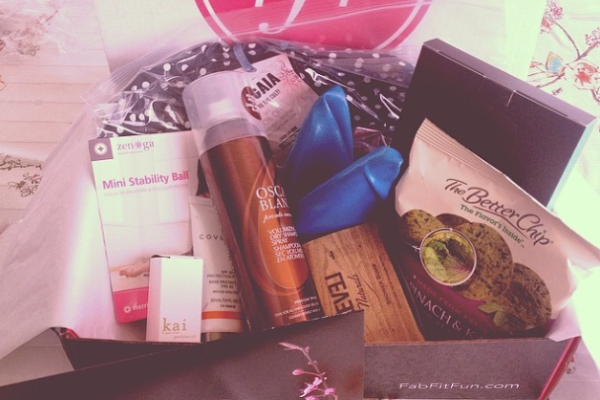I’m going to get a little weird for a second here. I’m going to talk about periods—and I don’t mean the kind that go at the end of sentences. A few weeks ago, I spoke with the founder and CEO of Cora, a monthly subscription service with a twist. Each month, Cora provides women with a box of organic feminine care products straight to their doorstep. The twist? With every box ordered, a month’s supply of feminine products is provided to a girl in a developing country. So who’s the woman behind the amazing brand? Her name is Molly Hayward, and she’s helping to change the way we view “that time of month.”
Q&A with Molly Hayward
Cora has a very specific mission. How and why did you decide to start a monthly subscription service for feminine products?
My background was always in women’s economic development and women’s rights. I traveled the world and have worked on initiatives for women and I kept seeing menstruation being a barrier to girls going to school [and] to women going to work, but it wasn’t really being addressed by the nonprofits or the NGOs that I was working with. When the idea for Cora came to me, the thought was, “how do I create a business that can engage the global market place in order to create some sort of sustainable, lasting social impact project that can provide sanitary pads for girls in a way that is still environmentally sound and economically sustainable?”
Tell us about Cora’s “woman for woman” model.
I knew that I wanted to do a reciprocal giving model. I wanted that connection between Western women and women in developing countries to exist. As I started to look at my options, I realized there was an opportunity in the form of subscriptions and obviously menstruation is a pretty natural fit for a monthly subscription. [They] have become extremely popular, but none of them were specifically addressing the problem of using non-organic and nobody was connecting that to a broader global movement towards healthy and sustainable menstruation management for all women everywhere.
In what ways have you found that menstruation has presented problems for women and girls throughout the world?
I have a background in women’s issues and women’s economic empowerment in developing countries, but I saw women in my own society—as empowered and powerful as we are—struggling with this aspect of their womanhood. I felt that way myself. The more women I talked to, the more that I found it to be true in others, too. Even for women who were extraordinarily empowered in their lives, that was one aspect in which it seemed women still struggled. For many in other countries, having a period is shameful and taboo and it really stops their lives for days each month; some girls don’t go to school and women don’t go to work. In some places around the world women are banned from going to church or temple or forced to sleep outside of their homes, not eat, or not be touched by anyone else. There’s this truly negative mindset around it. I saw Cora as an opportunity to begin to change the conversation and change the perspective and mindset of women everywhere and hopefully connect women all over the world in this common experience.
Why are organic and sustainable products important to Cora?
I actually first [thought of] a line of organic products when I had found out how environmentally damaging and toxic these products were in my own society and I wanted to offer women everywhere a better product. It was important to me that Cora products were going to be disposable, but I didn’t want one that was made from plastic that wouldn’t biodegrade, because in many of these countries there’s not that infrastructure for waste removal that we have—and even in our society with waste removal, conventional products that don’t biodegrade sit in our landfills for literally millions of years.
What would have to happen in order for you to deem Cora a success?

I would consider Cora a huge success if we could change the mindset of women around the world and change the beliefs they have about menstruation. Also, to see that solutions and healthy, safe menstrual management products are available to girls and women all over the world, that they are affordable, and that it is a basic human right for the products to be available, safe, and healthy. It’s one thing for them to be accessible—you can walk into any drugstore or gas station and buy tampons—but if they are made with cotton that’s been sprayed with pesticides or bleach and are going to ultimately make you sick or poison the environment, that’s not really a solution. That’s creating more problems. To have a holistic solution that cares for women in every way and supports them, if Cora could be a catalyst for that kind of a change in our world, I would consider that to be a success.
Are you inspired yet? If so, sign up for a Cora box by clicking here (You won’t regret it. I absolutely loved mine.) You can also help the Cora mission by supporting its kickoff campaign and by following Cora on and .
By







Sweet Lemon Mag: The New Must-See Subscription Box | tiffanyschoolfield.com
[…] https://sweetlemonmag.com/health/cora-new-monthly-subscription-box-wont-want-miss/ […]